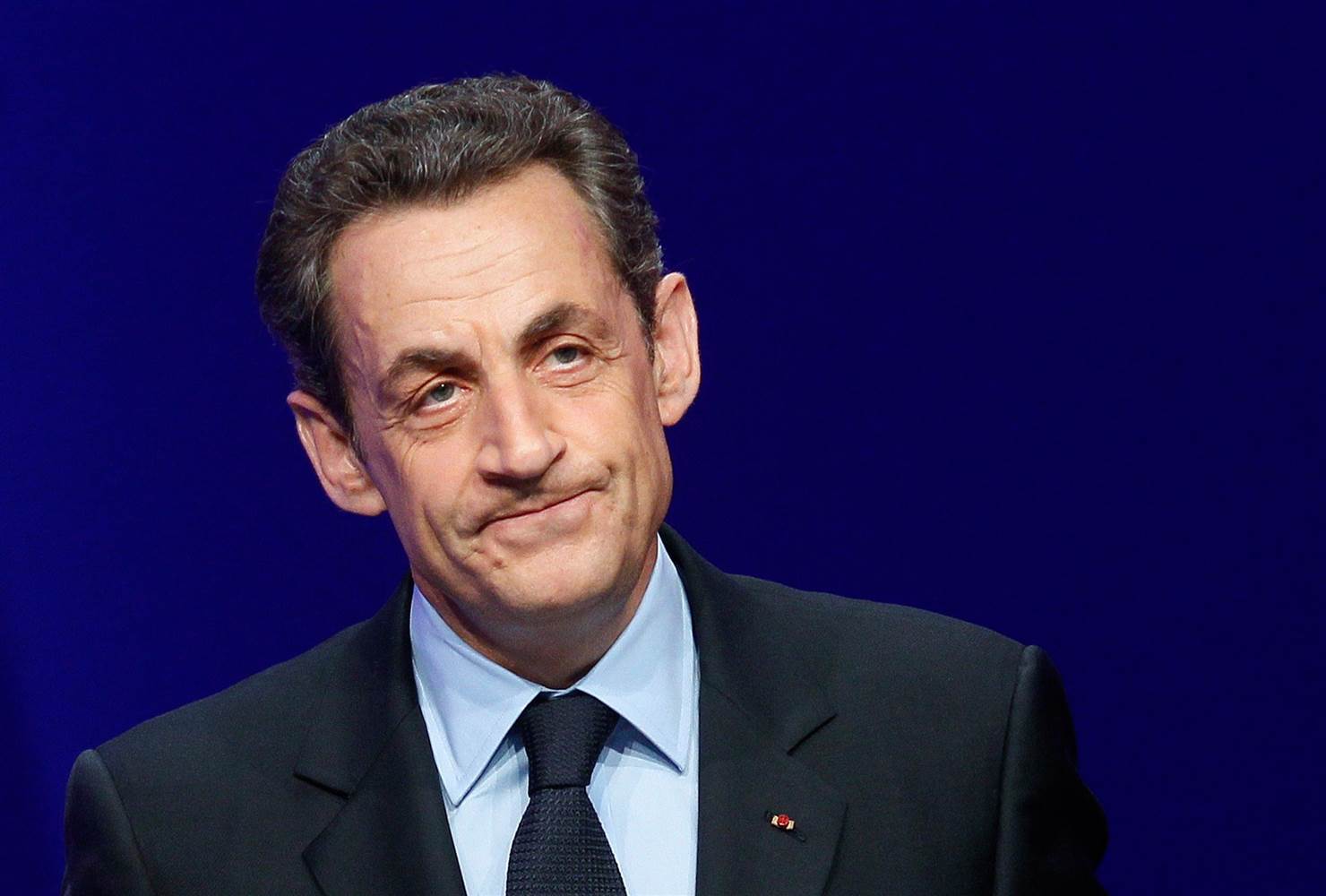A French appeals court ruled on Thursday, October 25, 2018, that former president Nicolas Sarkozy should stand trial on charges of illicit financing of his failed 2012 presidential campaign.
Sarkozy, 63, will appeal the decision before the Cour de Cassation, France’s court of final appeal, his lawyers said on Thursday.
It is one of several legal inquiries which have dogged the rightwing politician since he left office.
In upholding last year’s decision by a judge to put Sarkozy on trial, the appeals court in Paris rejected arguments from his legal team seeking to avoid a potentially embarrassing public ordeal of a trial as well as up to a year in prison if found guilty.
Prosecutors claim Sarkozy spent nearly 43 million euros ($51 million) on his lavish re-election bid — almost double the legal limit of 22.5 million euros — via fake invoices.
Sarkozy has angrily denounced the charges, saying he was unaware of the fraud by executives at public relations firm Bygmalion, who are also facing trial alongside accountants and former officials of his UMP party.
His defence team had also argued that the politician had already been sanctioned for campaign overspending by France’s Constitutional Council in 2013.
But that ruling involved just 364,000 euros of overspending, and came before the revelations of the “Bygmalion affair” and fake billings.
Bygmalion executives as well as Jerome Lavrilleux, the deputy manager of Sarkozy’s 2012 campaign, have acknowledged the existence of fraud and false accounting.
Sarkozy was president from 2007 until his defeat by Socialist rival Francois Hollande in 2012.
The rightwinger has been fighting legal problems on several fronts.
He is also charged with corruption and influence peddling for allegedly offering to help a judge obtain a plum retirement job in return from secret information about another case.
That inquiry gave him the dubious distinction in 2014 of being the first former French president to be taken into police custody.
He has also been charged over accusations by former members of Moamer Kadhafi’s regime that he accepted millions of the slain Libyan dictator’s cash for his first presidential campaign in 2007 — claims Sarkozy has vehemently denied.
He attempted a comeback last year, taking the helm of the Republicans party and hoping to be its presidential candidate, only to lose out to his former prime minister Francois Fillon who was defeated in the election by Emmanuel Macron.
In March, Sarkozy said he was “finished” with politics after being grilled by investigators for two days over the Kadhafi charges, though he vowed to clear his name and “restore my honour”.







